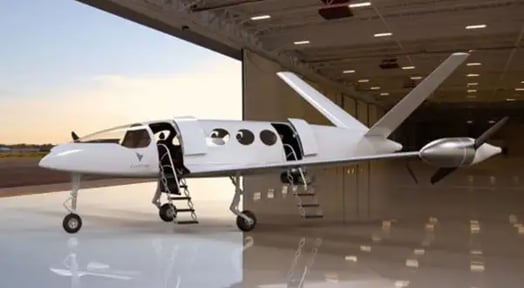Eviation, an electric plane startup based in Israel, is flying high after scoring a primetime partnership with German industrial giant Siemens.

Other companies have struggled to build electric planes. But Eviation’s flagship e-plane, Alice, is expected to take flight this year.
Why haven’t electric planes gotten off the ground?
The technology required to get electric planes in the air has existed since 1973, but the business model to get them off the ground still doesn’t exist.
E-planes aren’t cost-effective because they still require massive, heavy batteries. Since a tank full of jet fuel produces 43x as much energy as a battery that weighs the same amount, e-planes can’t hit the same passenger-weight ratio that their fossil-fuel cousins can.
But that hasn’t stopped startups from trying to make better batteries: Today dozens of startups — including Zunum Aero, Wright Electric, Ampaire, Safran, Kitty Hawk, and Lilium — are trying to develop e-planes light enough for commercial use.
The e-plane industry approaches new heights
Eviation’s plane, Alice, is still basically a giant battery with seats and wings: The entire plane carries a maximum weight of 14k pounds — and the battery alone weighs 7k pounds.
But Alice still shows promise… for short flights. The plane can carry 9 passengers up to 650 miles on a single charge, and after testing later this year, Eviation hopes to start shipping to buyers by 2022.
